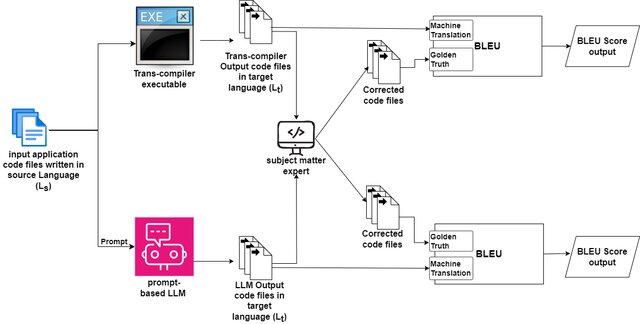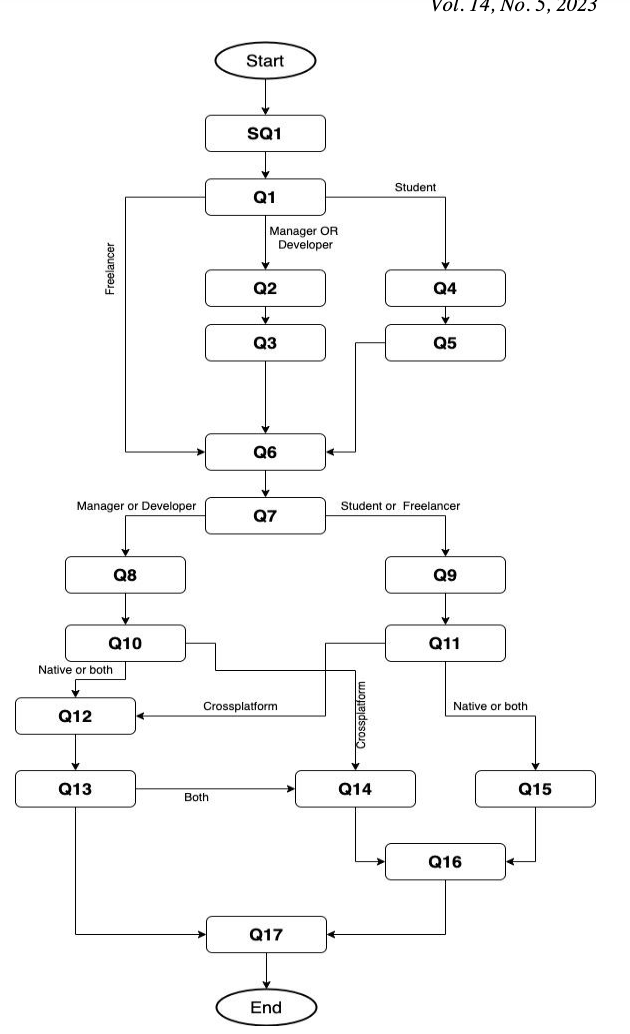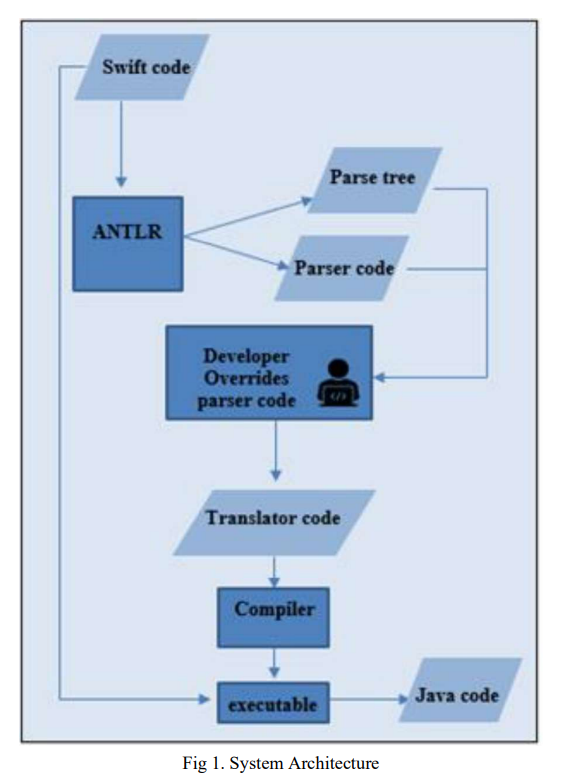Biography
Amira Tarek received her bachelor's degree in computer engineering in 2018 from the faculty of engineering, Ain Shams University. She received her M.Sc. degree in software engineering from the School of Information Technology and Computer Science (ITCS), Nile University. Currently, she is a Ph.D. candidate in the Software Engineering program, School of ITCS, Nile University, where she is an instructor. Her research interests are mobile applications development, compiler-based code translation, formal verification and neural networks.
Research Tracks
- Mobile Application Development
- Compiler-based Translation
- Formal Verification
- Neural Networks







